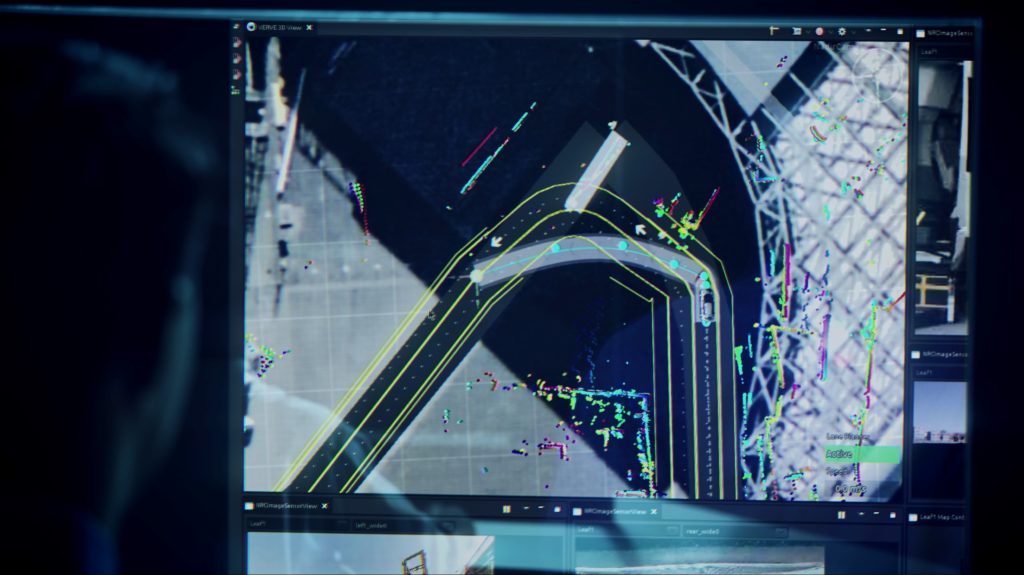TECH

Nissan and NASA, partners in the development of autonomous mobility servicesNissan North America, Inc., a subsidiary of US-based Nissan Motor Co. Ltd., has just announced an agreement with the NASA Ames Research Center in Silicon Valley, Calif., For collaboration in research and development of technology for future autonomous mobility services, including a functional demonstration in Silicon Valley. This update to the existing research partner between Nissan and NASA was based on the results already achieved previously, and thus defines a new scope of activities until 2019.Under the terms of the five-year research and development partnership, researchers at the Nissan Research Center in Silicon Valley and NASA Ames have been working together to develop standalone vehicle systems. In January of 2017, at the CES in Las Vegas, Nissan introduced Nissan's Continuous Autonomous Mobility (SAM), a new platform for fleet management of autonomous vehicles, developed from NASA technology. This new phase in the collaboration will build on this success to further develop the technology and test the use of SAM for the management of autonomous transport services before the phase of its public implementation."We built SAM from technology developed by NASA to manage interplanetary rovers as they move through unpredictable landscapes," said Maarten Sierhuis, director of the Nissan Research Center in Silicon Valley. "Our goal is to implement SAM to help third-party organizations securely integrate a fleet of stand-alone vehicles into an unpredictable urban environment, for example, taxi services, public transport, or delivery and logistics services. The final stage of our existing research agreement with NASA will move closer to that goal and test SAM in a functional context on public streets. ""One of NASA's strategic goals is the transfer of technology developed from NASA mission and program objectives to broader social and commercial applications," said Eugene Tu, Director of NASA Ames Center. "Utilizing NASA's robotics work to accelerate the implementation of autonomous mobility services is a perfect example of how the considerable work needed to advance space exploration can also make groundbreaking advances here on Earth."
This research collaboration with NASA is part of Nissan's approach to the evolution of technology and business of the automotive industry, called Nissan Intelligent Mobility. This approach takes place in three working vectors of interrelated innovations in autonomous driving (Intelligent Driving), electrification (Intelligent Energy) and infrastructure technologies (Intelligent Integration). SAM represents a huge milestone in Nissan's Intelligent Integration, providing the infrastructure needed to easily integrate autonomous mobility services into existing urban environments.
Video: Nissan, Seamless Autonomous Mobility
Vasco Reis, direto de Portugal

No comments:
Post a Comment